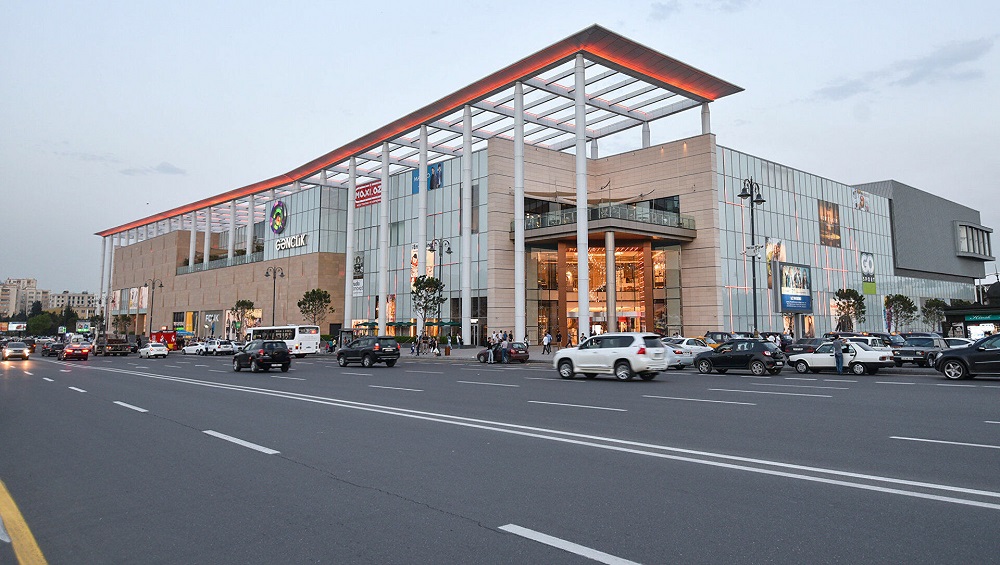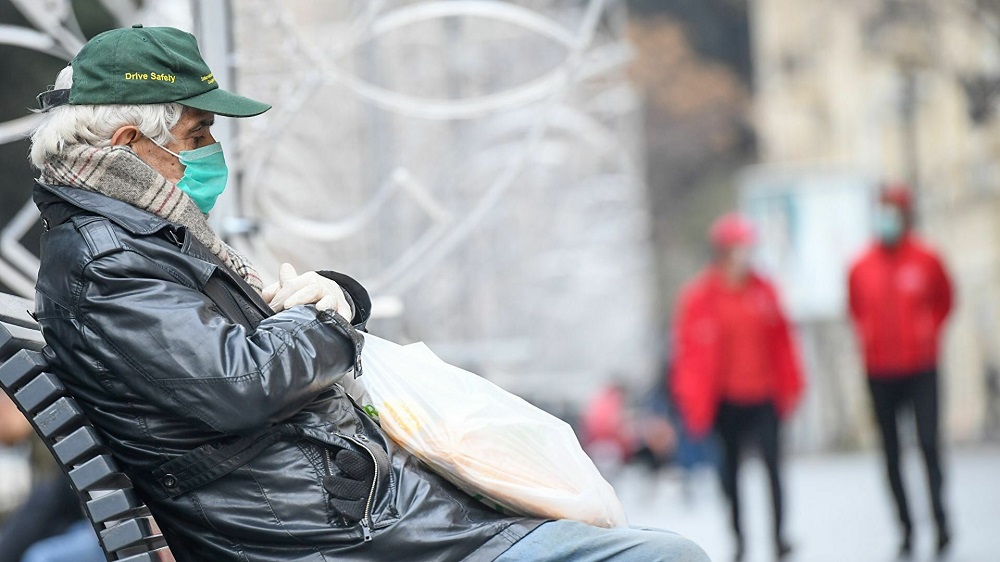Only 30% of households in Azerbaijan can pay the necessary expenses
Report on social and economic rights
Only 30 percent of households in Azerbaijan are able to pay the necessary expenses. This is stated in the report on social and economic rights in Azerbaijan, published by the Baku Human Rights Club together with the International Organization for Cooperation on Human Rights. The document also notes that the actual income of the population has decreased by 37% over the past few years.
- Azerbaijani government to pay compensation to the wife of murdered writer Rafik Tagi
- The fate of Ukrainian refugees in Georgia after they fled the war-torn areas via Russia
- Will Armenia follow Russia’s example in controlling and censoring publications on the Internet?
The Baku Human Rights Club (BKPCH) together with the International Human Rights Cooperation Organization has published thematic reports on social and economic rights in Azerbaijan.
The reports cover four specific areas: the right to work, adequate housing standards, availability of high standards of health care (right to health) and education.
The reports provide an extensive initial analysis in all of these areas with an analysis of the local legal framework, government programs, and information base open to the public. The document also reflects the results of surveys conducted on social media and citizens’ complaints sent to the BCHR.
The principles and standards of the international pact on economic, social and cultural rights, ratified by the Azerbaijani parliament in 1992, are chosen as the basis for the analysis in the reports.
The reports reflect recommendations to the Azerbaijani government in all studied areas, said Rasul Jafarov, head of the Baku Human Rights Club.
“The main results of the study show that the majority of the population of Azerbaijan does not have the necessary standard of living due to low income, and low opportunities to purchase food and housing. Our analysis shows that the majority of households are unable to provide for themselves due to low-income levels or lack of government support. According to surveys, the proportion of households that are able to pay the necessary expenses does not exceed 30 percent,” the article says.
The period of the pandemic was especially difficult due to rising unemployment, and in those months the state paid only one unemployed member from each family compensation in the amount of 190 manats [about $110], which is below the subsistence level for one person.
It is noted that, according to the data of the State Statistical Committee of Azerbaijan, in 2013 the country’s annual per capita income was 4,039.6 manats [at the exchange rate of that time, about $5,180]. But in 2020, the same figure was 5,587 manats [at the exchange rate of that time, about $3,286]. In other words, in reality, the income of the population decreased by 37 percent due to the devaluations of 2015-2016 and high inflation.
The minimum consumer basket, living wage, minimum state social assistance and pensions should increase periodically and meet the needs of the population, the report says.
It is proposed to increase the number of social groups that have the right to purchase benefits when buying housing.
In terms of health care, the lack of health centers in rural areas is highlighted. The report also notes that despite the introduction of compulsory health insurance in 2020, the volume of state subsidies for healthcare has doubled.
It is necessary to develop comprehensive programs to protect motherhood and children, including the adoption of a law on the protection of reproductive health and family planning, the authors of the document noted.
In the field of education, it is recommended to adopt a separate law regulating the activities of subjects of higher education. At the same time, it is proposed to develop a state program to reduce the number of children left out of educational institutions, especially girls in rural areas, through the interest of students in obtaining a complete secondary education, the authors of the report emphasized.





















